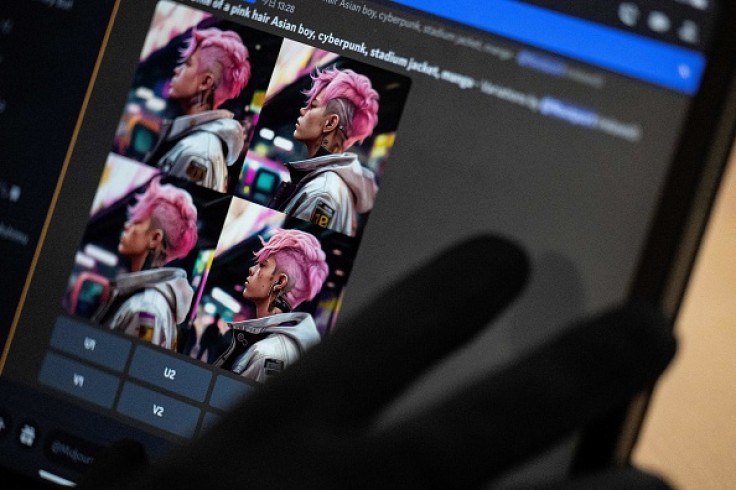The ongoing battle between AI companies and creatives who make original work will not be ending any time soon. There are still several issues to be ironed out, mainly how the owners of the training materials for AI models will be compensated for having their licenses work used.

Compensation Amount Still Unknown
AI companies are under a lot of pressure right now due to backlash caused by two major issues. One is that workers are afraid that AI will soon take over their jobs, while the other lies in the ethics and legality of using licensed work to train AI models.
Both issues are still being debated. While job security in the face of new AI capabilities is already seeing progress, artists are still left with a huge question mark when it comes to the amount they will get for having the original works used by AI companies.
Companies like OpenAI, MidJourney, StabilityAI, and Microsoft have already faced lawsuits regarding the matter, which might've been what prompted some of them to launch programs that provide payment for the artists who contributed to making their generative AI "smarter."
Looking through the compensation policies of the firms that use copyrighted works, there is no framework or definitive method to determine how much an artist would actually earn. There are even circumstances when the artist is not informed about the use of their licensed property.
As mentioned in Tech Crunch, Adobe, YouTube, Getty Images, and Stability AI already have plans to allow creators to profit from the mentioned method of machine learning. Some just provided metrics like Adobe, stating that the artist must first reach $25 before they can withdraw the payment.
There's a possibility that AI companies are also looking into the "fair use" doctrine, wherein they will be permitted to use copyrighted works to train their AI without the consent of the artist and without paying them for their work.
Companies Will Protect Users from Copyright Infringement
Microsoft, Adobe, and Getty Images, among others, are confident enough that they are not breaking any rules that the companies will be extending protection to their users as well. That means that users who face infringement claims will be protected by the giants.
In Microsoft's case, they will "assume responsibility" if anyone was sued for generating content using Copilot. The software company even said that it would also pay for legal damages or settlements should it come to that, as reported by MIT Technology Review.
As for Getty Images, its CEO Craig Peters said that fundamentally, their generative AI system is clean and is "viable for business to use." He expressed that the company will stand behind that claim and that anyone who wants to use the services will not "face expensive copyright lawsuits."
Adobe is the first among the three to offer legal protection. The company announced back in June that it would be defending users who are accused of copyright infringement or AI misuse. The compensation is a step toward the right path, but legal protection might lead to further misuse.









